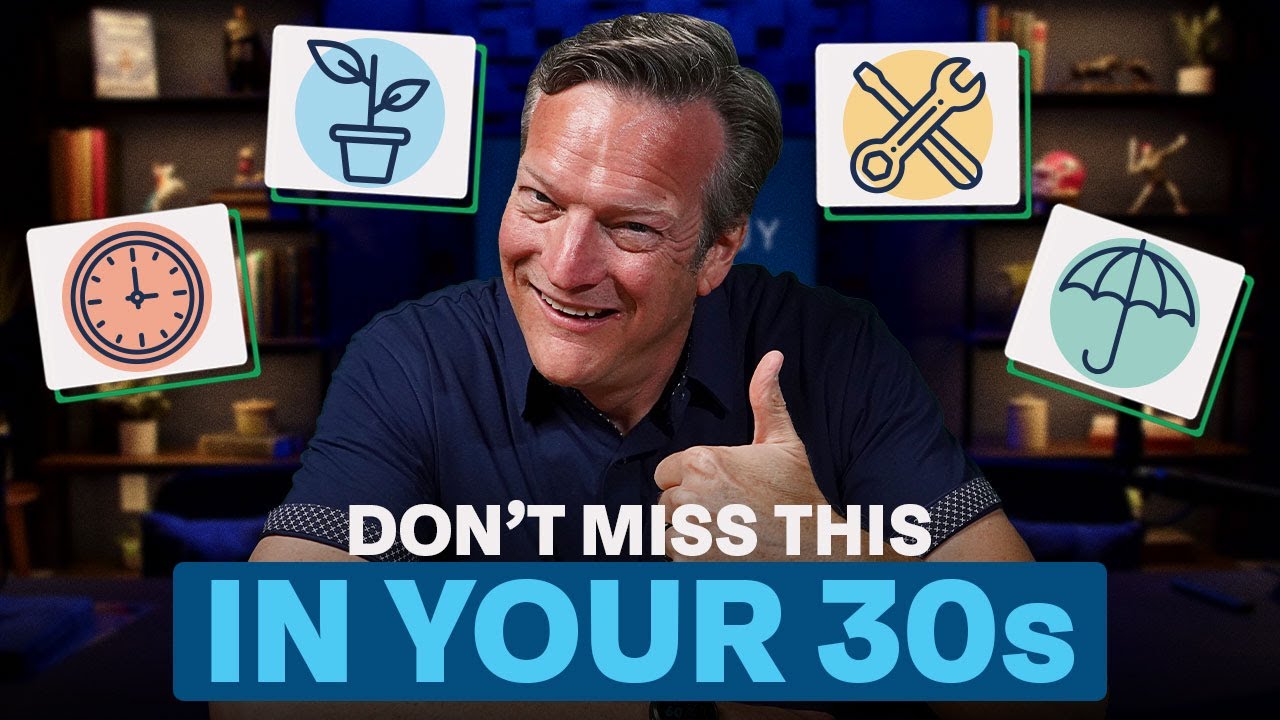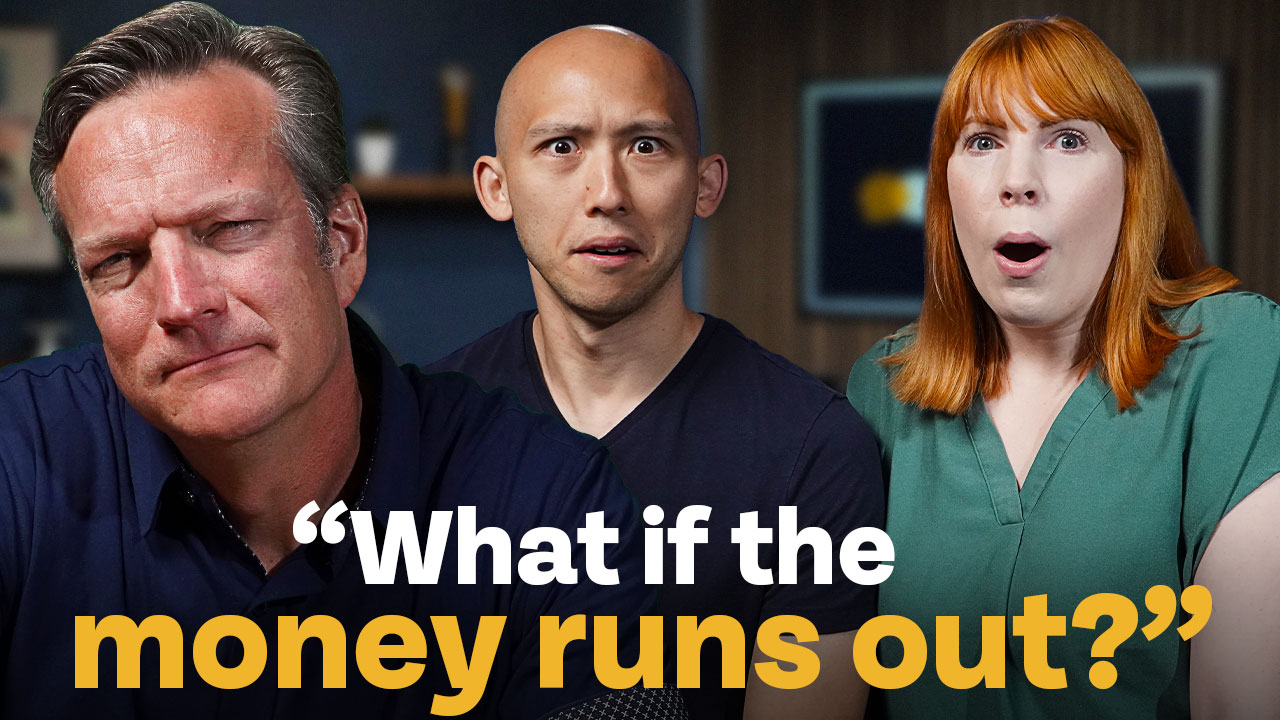Do I need to start investing in real estate, whether that be residential or commercial, or something like that? With all the stuff that's gone on in real estate, is it still an attractive investment opportunity for investors who have capital they're looking to deploy? Or is now not the time to buy, not the time to be looking at real estate? Great, so you're going to ask the fox to count the chickens in your well. That's why I'm waiting. This is where I am kind of... I've already waited, but go ahead.
Yeah, look, who is real estate for, right? Real estate, of course. I think real estate is a good asset class. It is not for everyone, not the way that I do it or many of the folks on Bigger Pockets do it. We'll start with the broad and then we'll get into the specific, right? What asset class is good right now in 2023? Are stocks gonna go up? Is real estate going to go up? Are bond yields bought? Is bond equity gonna increase? Is it good to hold cash? Is it good, you know, crypto, where are you? A lot of unknowns, yeah, a lot of uncertainty for sure. These are the choices that most Americans have, right? So within that, you have to think, what's the best asset class? Or, I like to flip the question on its head, what's the least bad asset class, right?
So here's my argument for why real estate is the least bad, you know, for some folks, the least bad asset class for, for, in, in, at least a part of the portfolio. Right, and I'll also keep qualifying this by saying, if you want to get into real estate investing, you want to buy a duplex, right? Or a single-family rental property. You've, there's a requirement that's not financial, it's educational. Right, this is that, on average, our members spend 250 to 500 hours investing in self-education, between listening to podcasts like this, reading books, being a part of forums, those types of things, because they know everyone knows that you can lose your shirt in this business. There's a million problems that have nothing to do with the market, just with the tenants or the, the foundation, or you did the math wrong and you forgot that there's not just your rent minus your mortgage payment, it's the vacancy rate, it's the maintenance, it's the utilities, it's the property management fee that you would pay, either you should pay it to yourself and factor it in or hire it out. So all of those things matter.
What we found is that people who earn a very low income, less than a median American household income, you don't really have the means to get to the starting line in most markets around the country to invest in real estate. But people who earn a very high income, well, they can be interested in real estate, are not willing to invest 250 hours of their very expensive time into the self-education process. So our kind of sweet spot is this 50 to 200,000 per year income earner who's still got a DIY mentality and intends to invest in real estate for at least a decade to return, get to return, to get a return on that investment of self-education and time. Now, the next piece is how much time do I want to put into the property once I've bought it, right? We found that folks that are lower income and folks who get on the upper end of that spectrum, $100 to $200 plus, they're going to tend to hire out all of that stuff and own that. The good news is that once you've made this investment of time up front, you can reap the rewards for the remaining 30 to 40 years.
Okay, so should you get into real estate? It's if you agree with that framework, right? Same with the home buying process. If I'm going to be in real estate for a long time, there's always a good time to get into real estate. Specifically tactically, what do I think is going to happen in 2023 and what should I do now? I think the prices are going to come down in 2023. I don't know how much, but we're projecting somewhere between a three and eight percent national decrease in single-family housing, with the caveat that that's going to vary by market. Real estate is local. Right now, what you're seeing is, as I think there's a tendency towards national prices coming down a few percentage points, but you're seeing some markets down 19-20% and you're seeing some markets up 10-15% year-over-year from a pricing standpoint. I think that's going to continue to be a theme throughout this year. That's going to be heavily reliant on where the new construction, in particular, is has been picking up around the country. Then, what do I get into today? Well, first of all, creative finance, assuming these mortgages. If you're a house hacker, that's a great way to start, right? I've actually heard flipping is back. Flipping is a bad activity in a declining market because you're not getting that tailwind. But if you can complete the flips very quickly, your strategy simply shifts from buying high and selling much higher to buying low and selling less low.
So I've actually heard a couple of people get successful flips. What has died but what will come back within a year or two is what we call this BRRR strategy. I'm sorry if I'm getting too acronym-heavy. BRRR stands for Buy, Rehab, Rent, Refinance, Repeat. So a lot of investors, instead of flipping properties or buying properties, fixing them up, and then just putting a 30-year loan on them, cashing out their equity and doing it again, that's how you build a portfolio very quickly. That has died for a lot of investors in the last year, but I suspect that by the end of this year, it will come back because, you know, why not, right? I'm buying with a high-end interest rate mortgage, and I'm just refinancing at a higher interest rate mortgage. As long as my cash flow and my math work out, I might be fine to do that.
For more information, check out our
free resources here.













